On January 27, 2017 Donald Trump signed an executive order barring people from seven majority Muslim countries from entering the United States. The decision sent the nation into a state of confusion, fear, and chaos. Within 24 hours, thousands of peaceful protesters had gathered across the country, swarming airports in New York City, Los Angeles, and Chicago, among dozens of other cities, while green card and visa holders were detained, questioned, and prohibited from continuing with their travel plans into the United States
Travelers abroad feared they would be unable to return home. Refugees seeking asylum feared being sent back to states overrun with extreme violence and turmoil. American citizens and residents were sent into panic, unsure of when they’d be able to see their family members again. While the anger of those who opposed the ban grew, so did the confusion surrounding the policy. After a week, a Seattle federal judge put a nationwide block on the order, and the Department of Homeland Security suspended enforcement of the ban.
Videos by VICE
As the nation—and the world—waited for Trump’s promised revised ban, many people wrote to us, sharing their outrage; others we met at protests, strikes, and rallies across the US and abroad. All of them expressed their anger, their fear, and often their hope for a dramatic change.
Read more: Protestors Rally in Bitter Cold to Reject Trump’s Immigration Ban
One of those voices is that of Farideh Sakhaeifar, a political refugee and artist from Tehran who now lives in Brooklyn. After completing her undergraduate degree in Iran, she decided to pursue graduate school at Cornell University, where she knew she would not be legally prosecuted for the political and social commentary she brings to her work. She has since been both a visiting scholar and artist at NYU and the New School while frequently exhibiting her artwork throughout New York.
Now, with no visa and a pending immigration status, her future is one giant, looming question mark. “One morning you wake up and realize maybe you should not plan long-term,” she told Broadly. If Sakhaeifar’s visa is not approved, she does not know where she will go, as the nature of her artwork makes returning to Iran very dangerous. Her parents, who were scheduled to visit her in April, have had to put their plans on pause while awaiting Trump’s revised reinstatement of the travel ban, which was signed yesterday, and still bars citizens from six Muslim-majority countries from attaining visas and halts the US refugee program.
The only way to actually fix the Muslim ban is not to have a Muslim ban.
Unfortunately, Sakhaeifar’s story is just one of countless others; the order has drastic and widespread effects, and human rights organizations like the ACLU and Human Rights Watch were quick to release statements condemning it. Omar Jadwat, director of the ACLU’s Immigrants’ Rights Project, reacted to the new order yesterday: “The Trump administration has conceded that its original Muslim ban was indefensible. Unfortunately, it has replaced it with a scaled-back version that shares the same fatal flaws. The only way to actually fix the Muslim ban is not to have a Muslim ban.”
From protests that erupted continuously across the country to the lawyers who voluntarily showed up at airports, working pro bono for those detained—the national fervor against Trump’s order did not dull in the weeks after it was first signed.The international outcry was resounding and only helped to put pressure on courts to call the constitutionality of the order into question. Sakhaeifar describes the mental toll that this policy has taken on her as “humiliating,” but says she has found comfort in organizing and voicing her disapproval. “It’s very helpful to talk about these issues,” she says. “It makes me feel like this is home, [like] people care about me, [like] people care about immigrants.”
This is why we are publishing these testimonies—which were collected in the traumatic, panic-filled days following the first Muslim ban—today: with hope that, again, this outcry will be heard and heeded to.
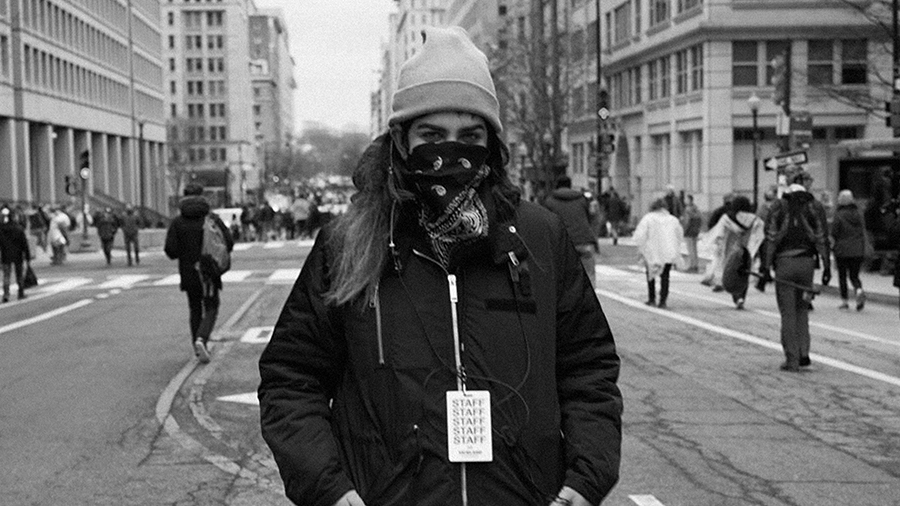
“This is cultural purgatory.”

“These are my people. I belong here.”
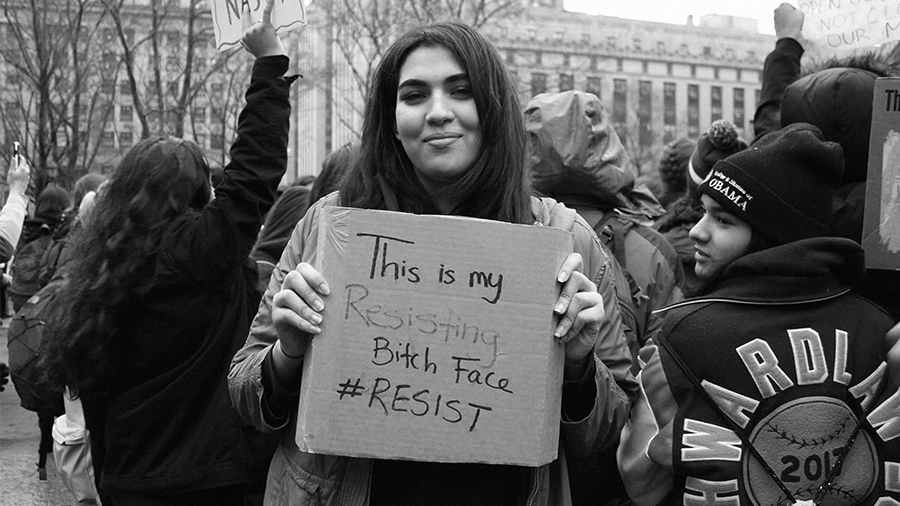
“My family and I shouldn’t feel like we’re threatened here.”
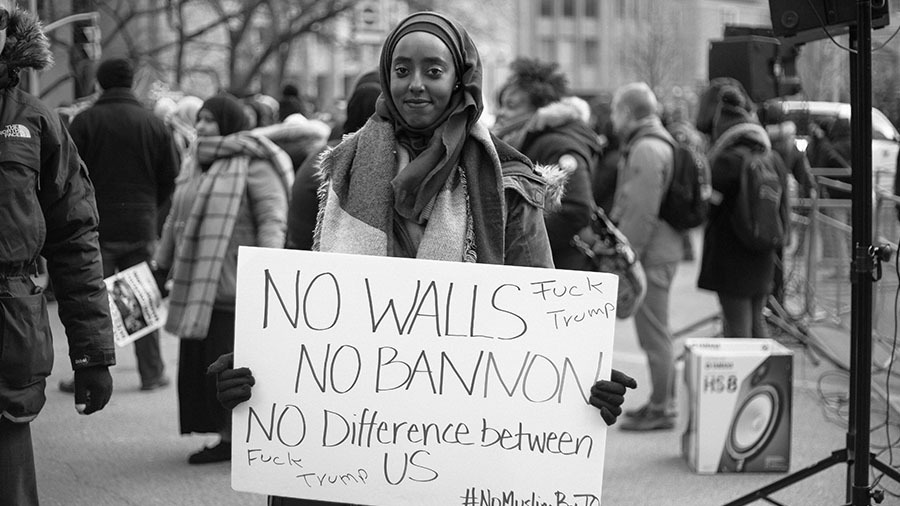
“I’m really afraid of what he could do.”
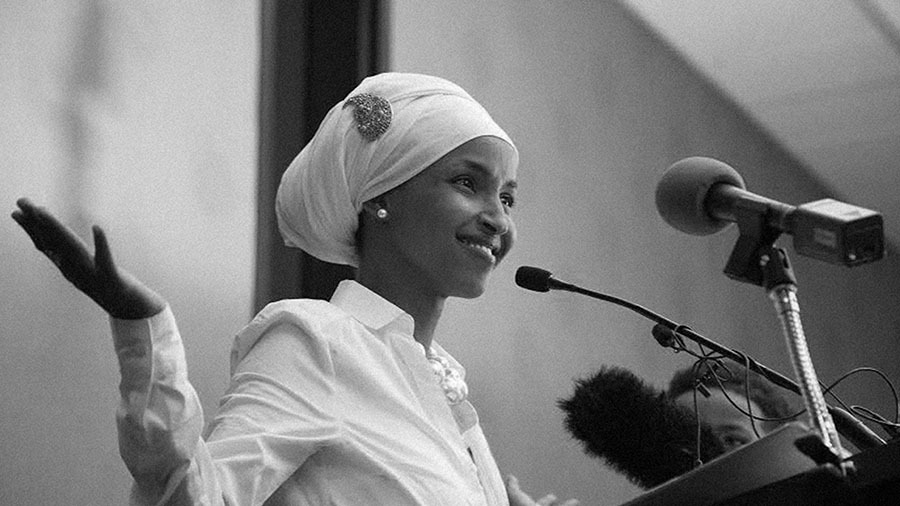
“We must resist.”
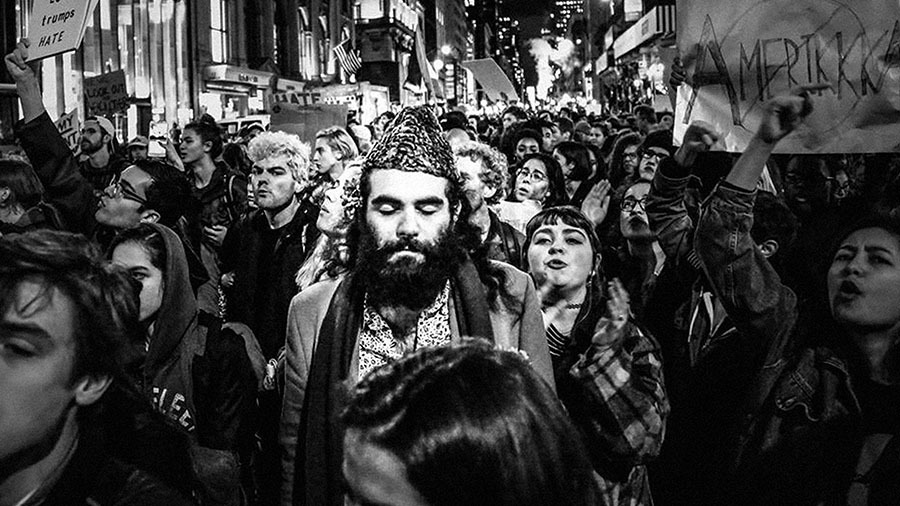
“Who do you love? And how long have you ever gone without seeing them?”
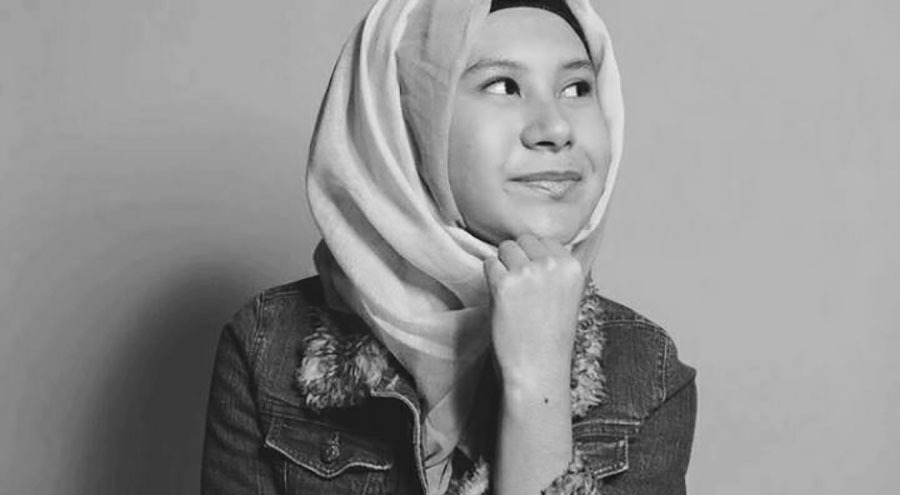
“I am worried what the future will hold for the rest of us.”
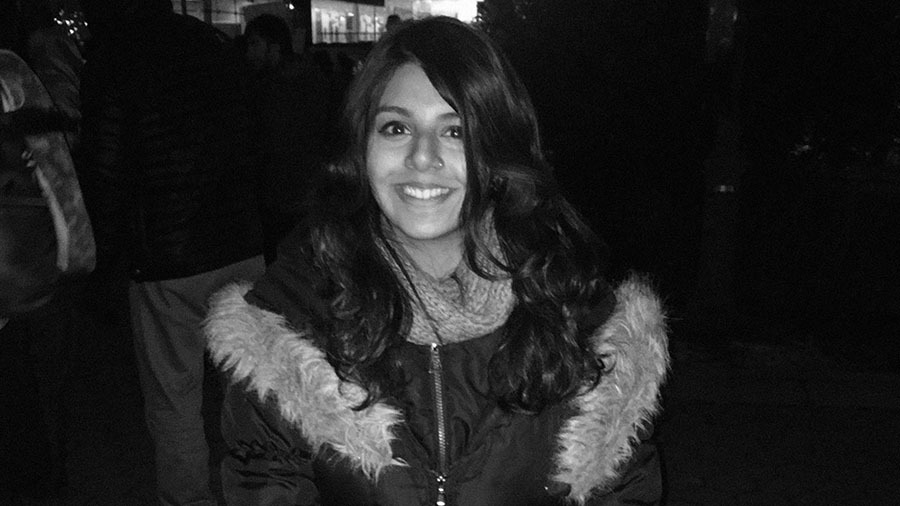
“My parents are now afraid for our safety.”
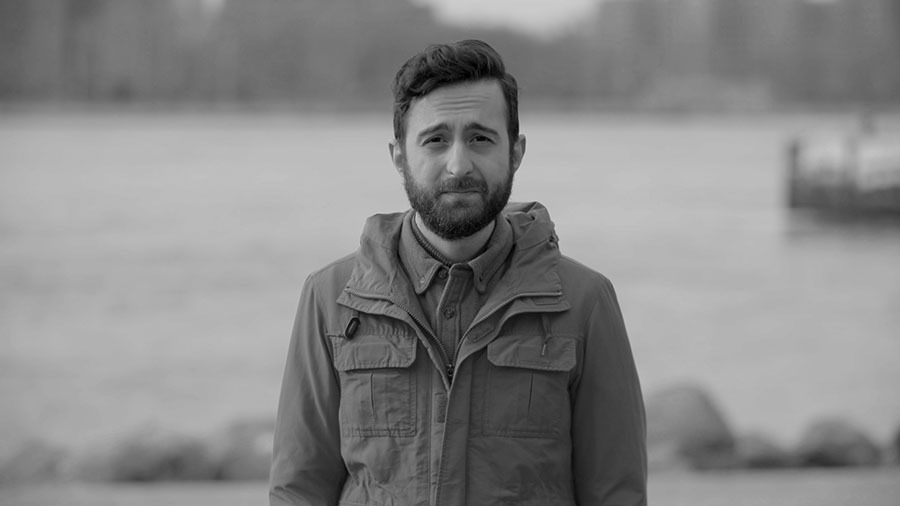
“I decided to cancel my trip to Tehran to visit my family [out of] fear.”
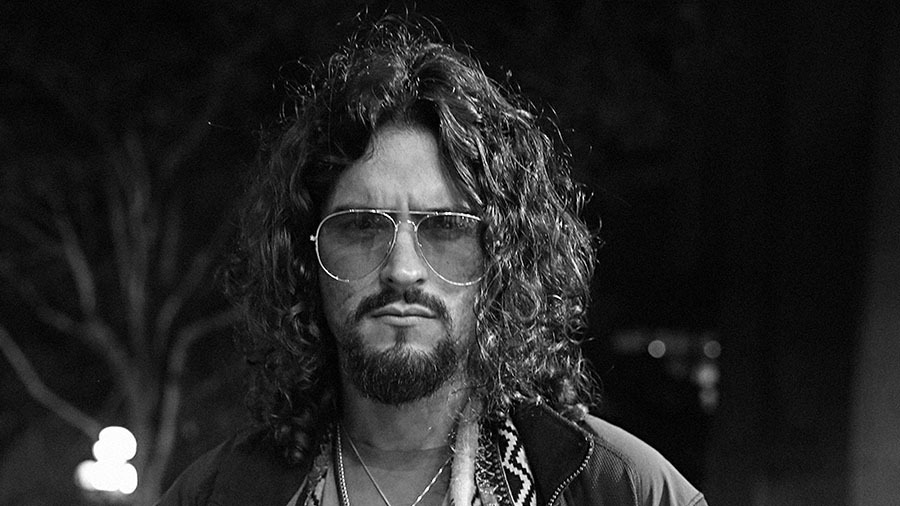
“With my friends and family involved, I have to put out my voice.”
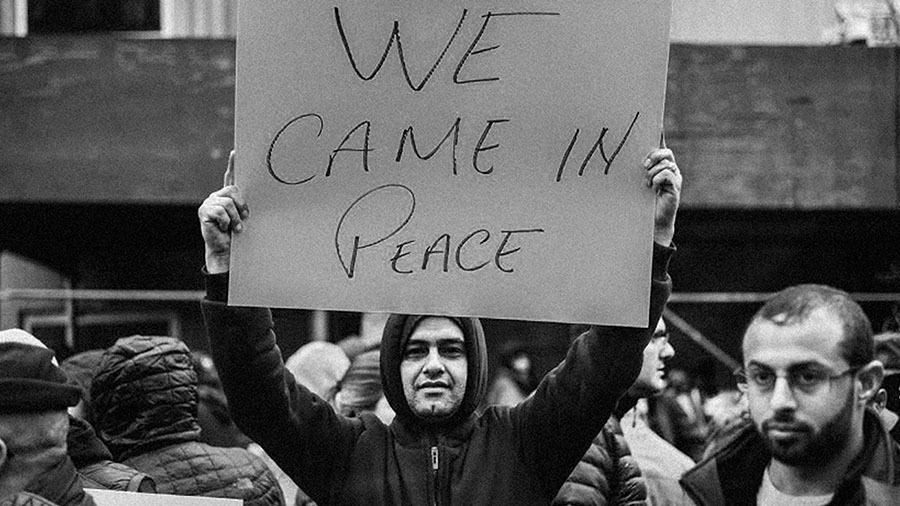
“This is my country. What you are doing to us is wrong.”
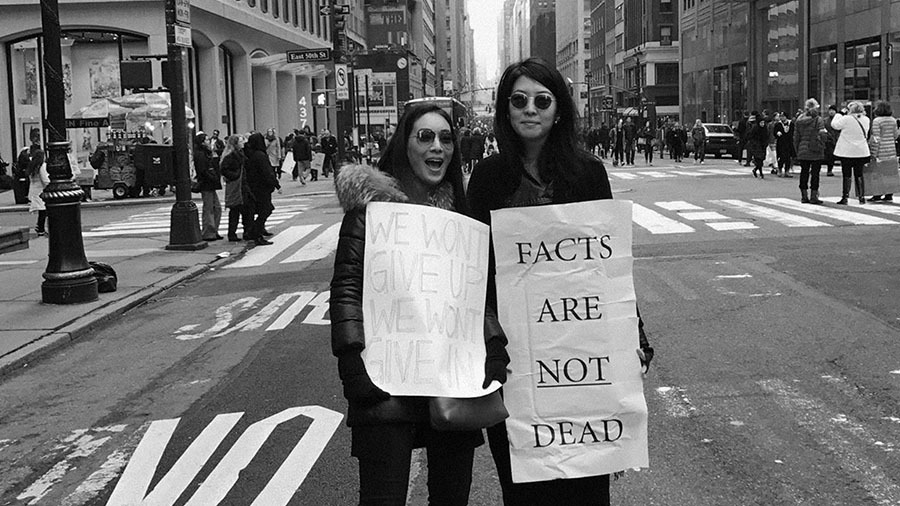
“These recent immigration orders are unlawful and justify racism.”
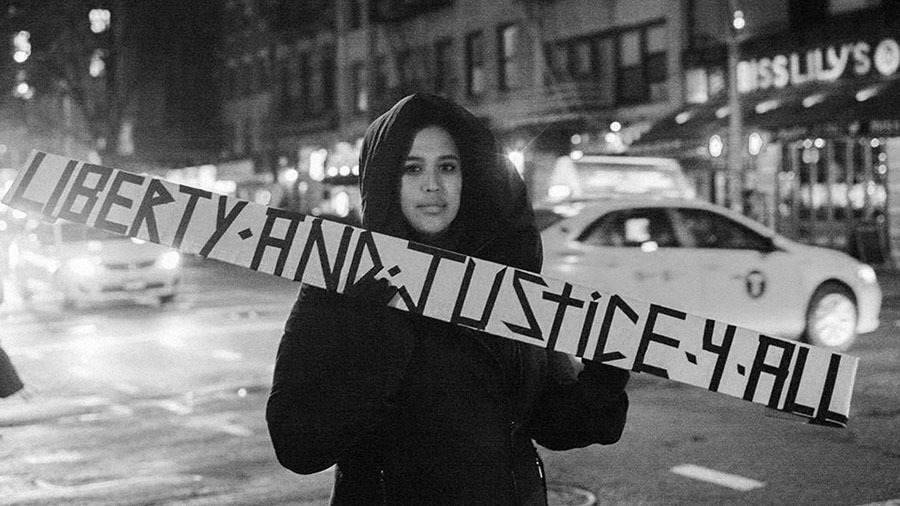
“I am the proud daughter of people who came illegally to this country.”
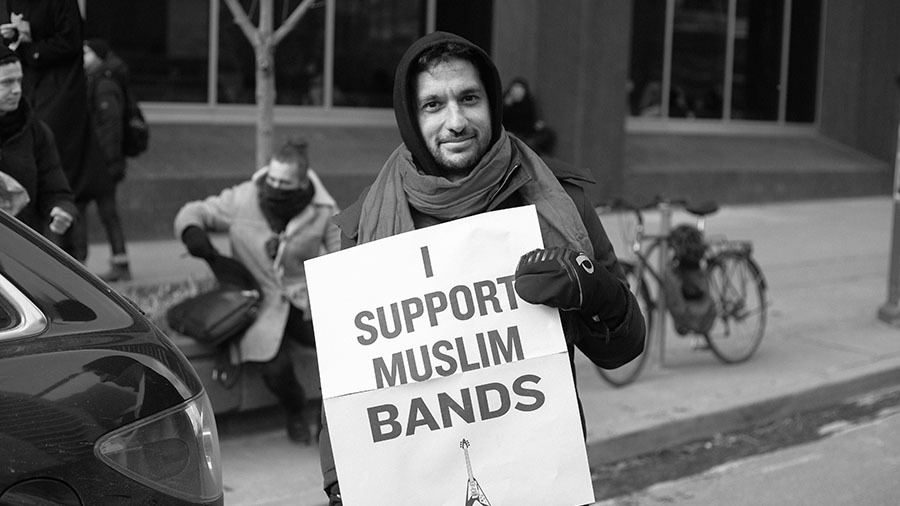
“I think it destabilizes the world.”
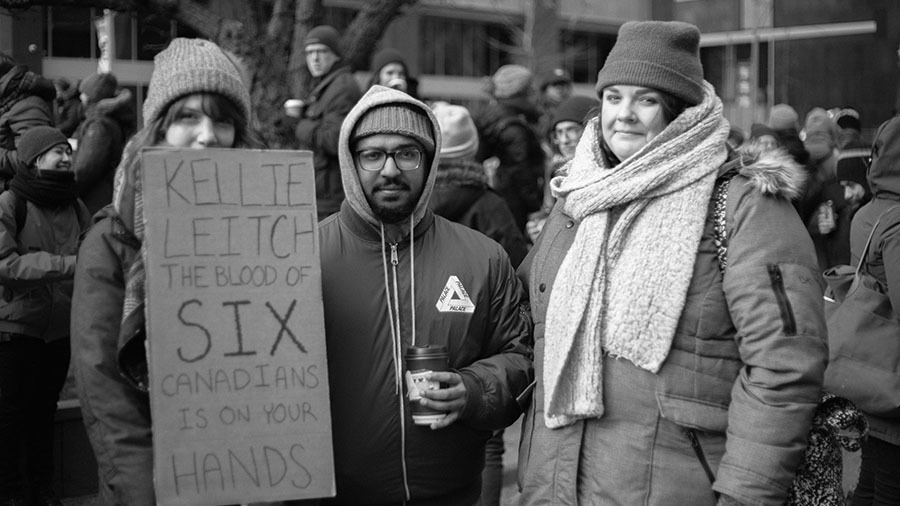
“Hatred isn’t a policy I want to support.”
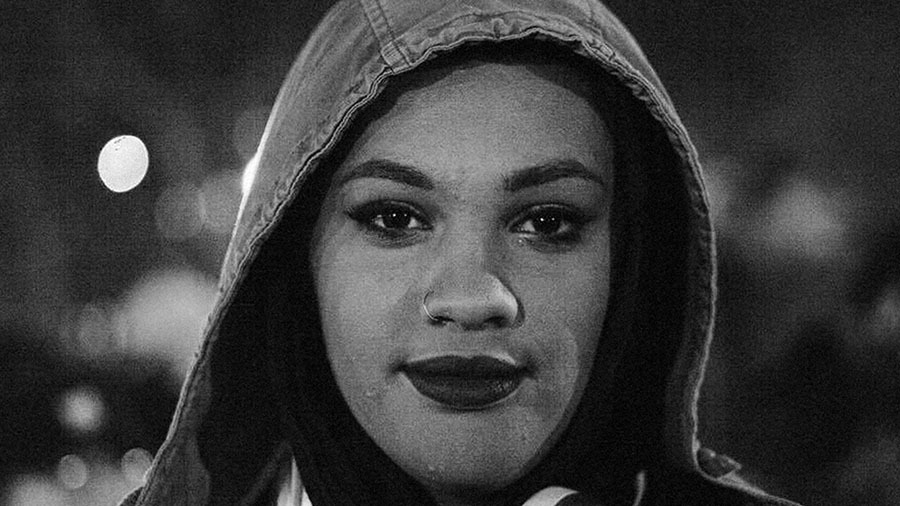
“I don’t want my rights taken away.”
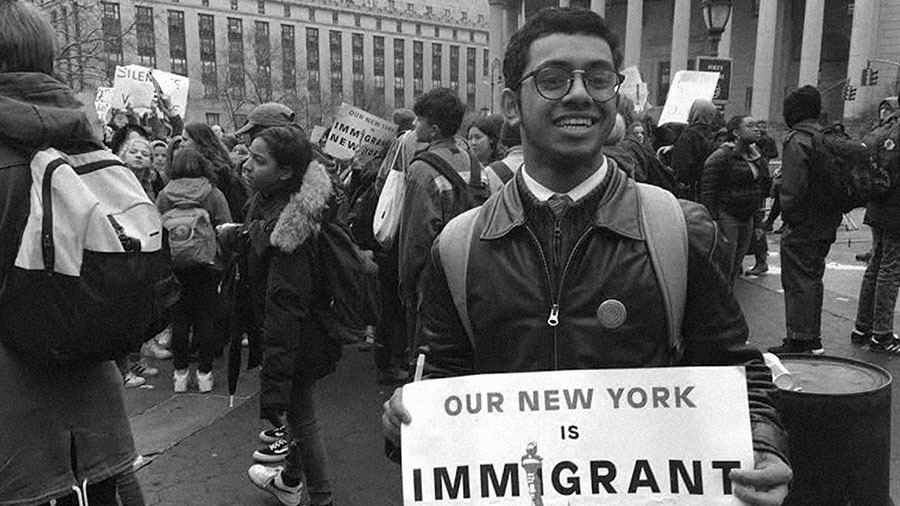
“We built this nation and because of us this nation traveled forward.”
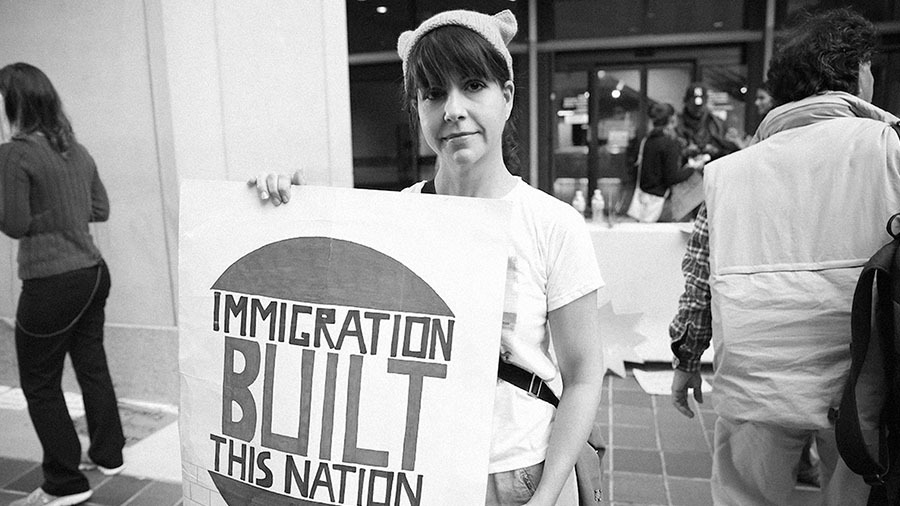
“It’s just completely unfair, and it’s discriminatory.”

“This ban is discriminatory, it is illegal, and it is immoral.”
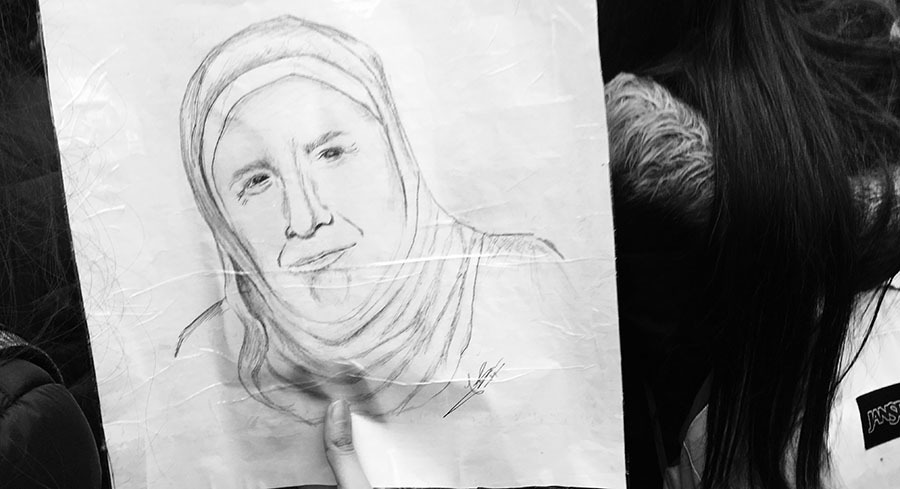
“I fear that he’ll ban my country too.”
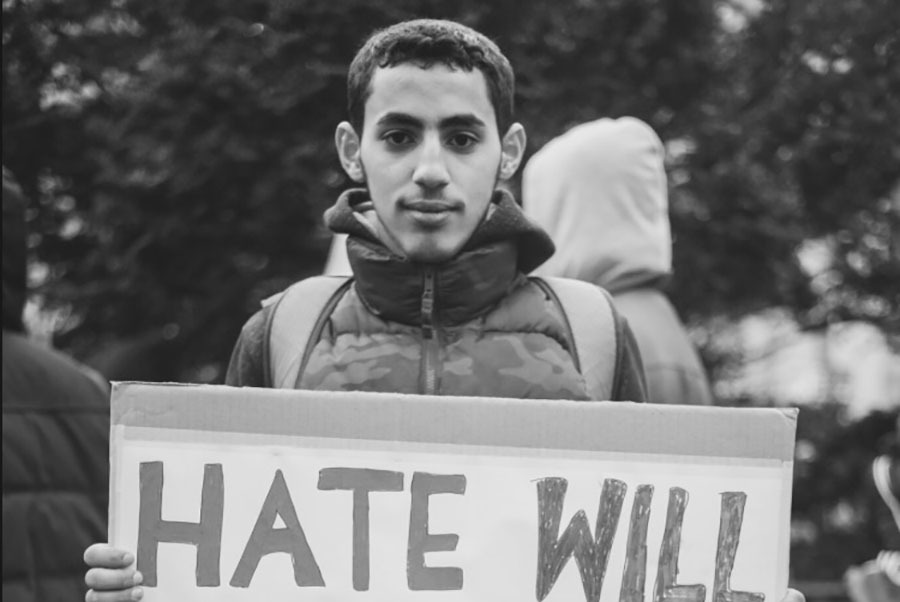
“We are peaceful.”
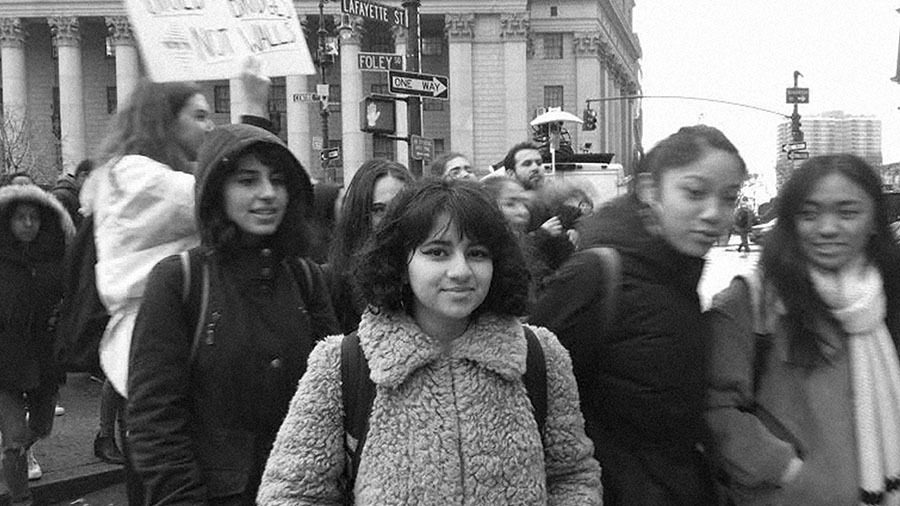
“It hurts my family.”
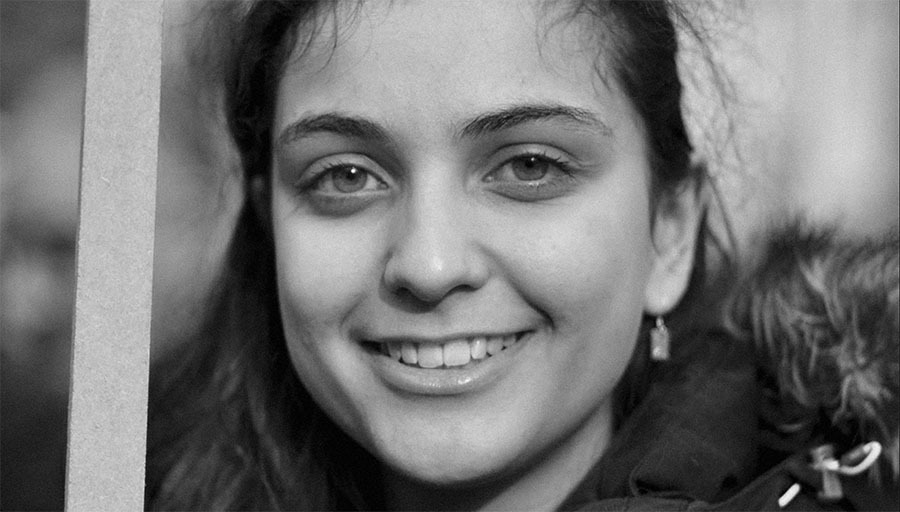
“The current integration of the world is of the utmost importance.”

“Why would we want to go to a country that hates us?”
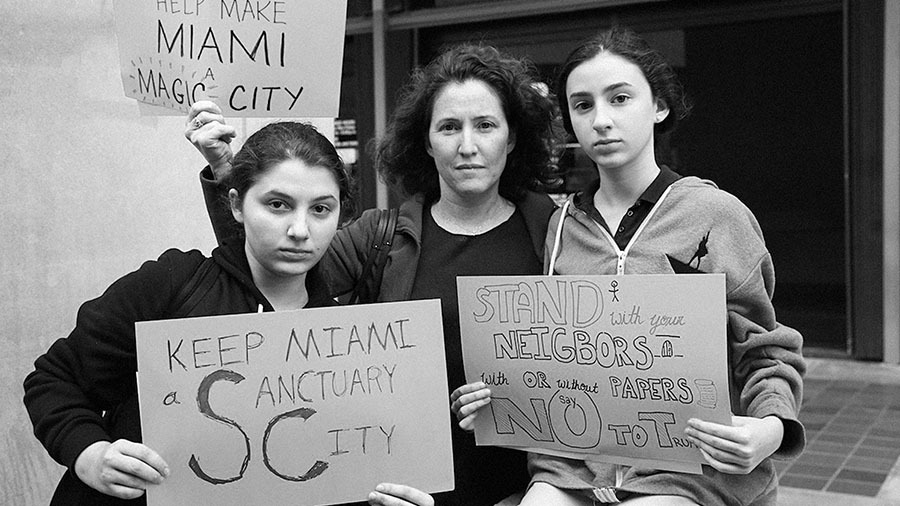
“Unless you are of American Native ancestry, you’re an immigrant.”
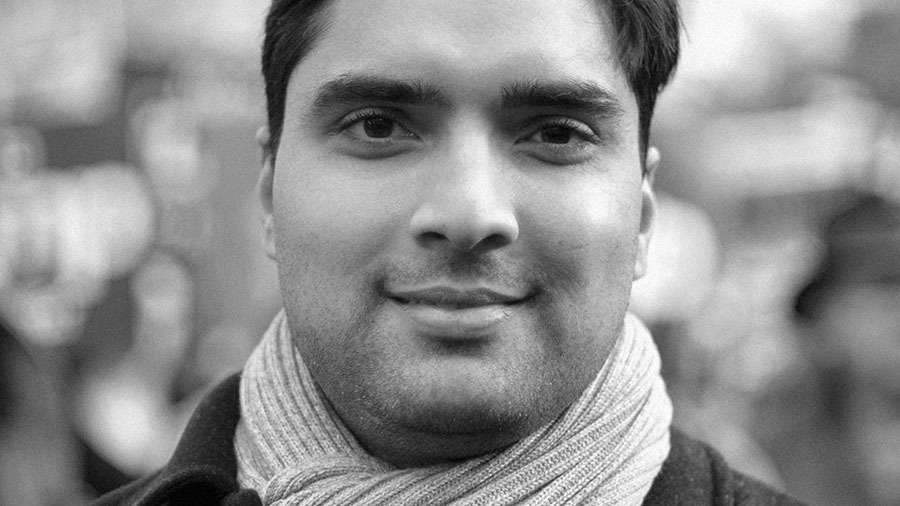
“Fear of Muslims is nothing but ignorance and prejudice.”

“My message to Trump: look after human beings.”
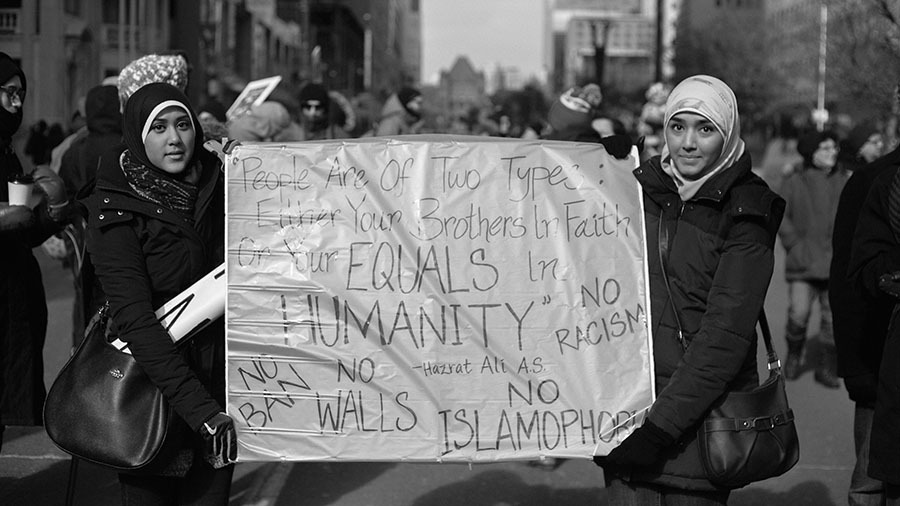
“We’ve seen this happen throughout history—we won’t let it happen again.”
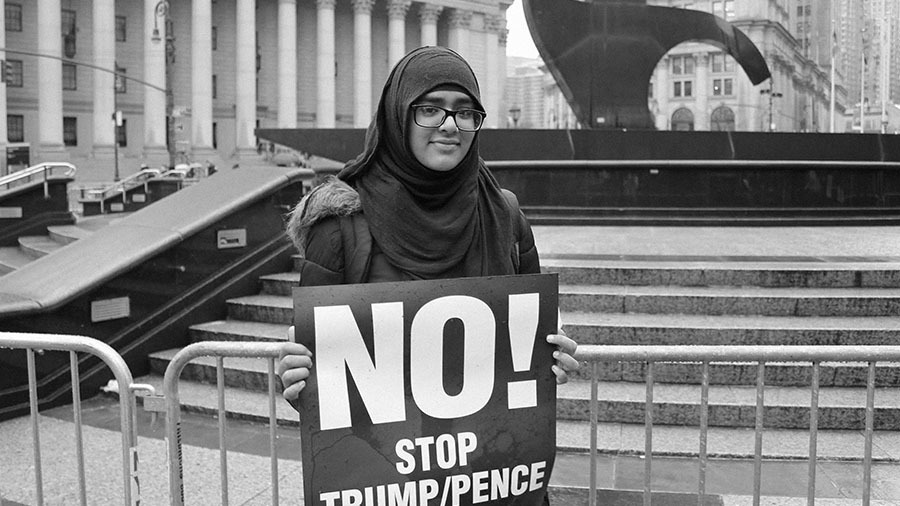
“It’s not fair, it’s really not fair.”
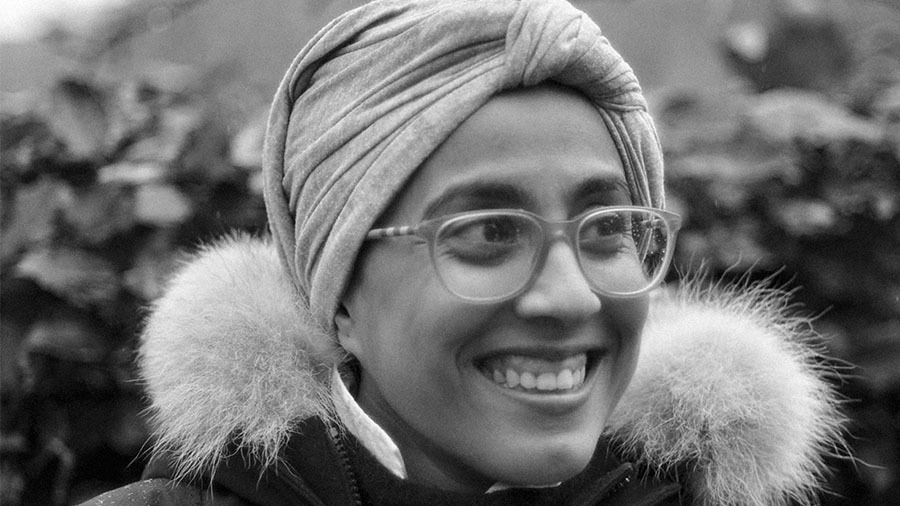
“We’re just people.”

“We are worried we will have to postpone the wedding.”
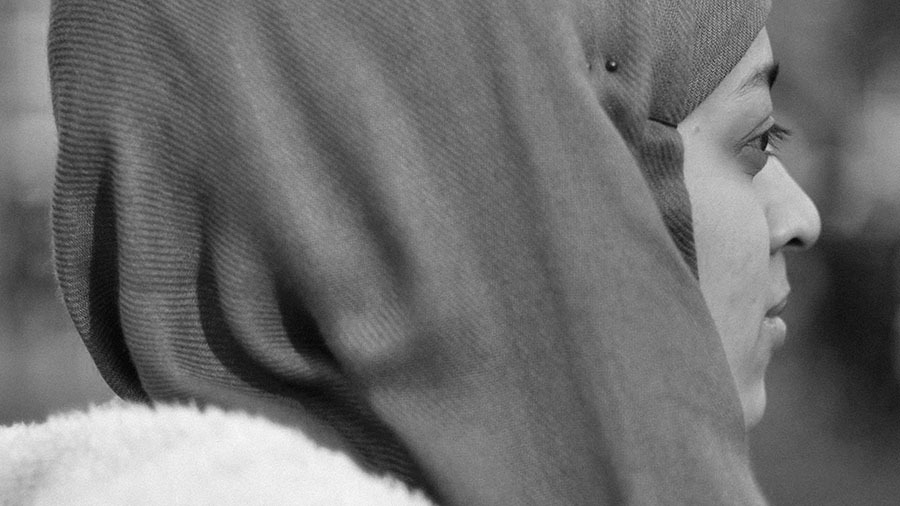
“If that could happen to them, it could happen to me.”
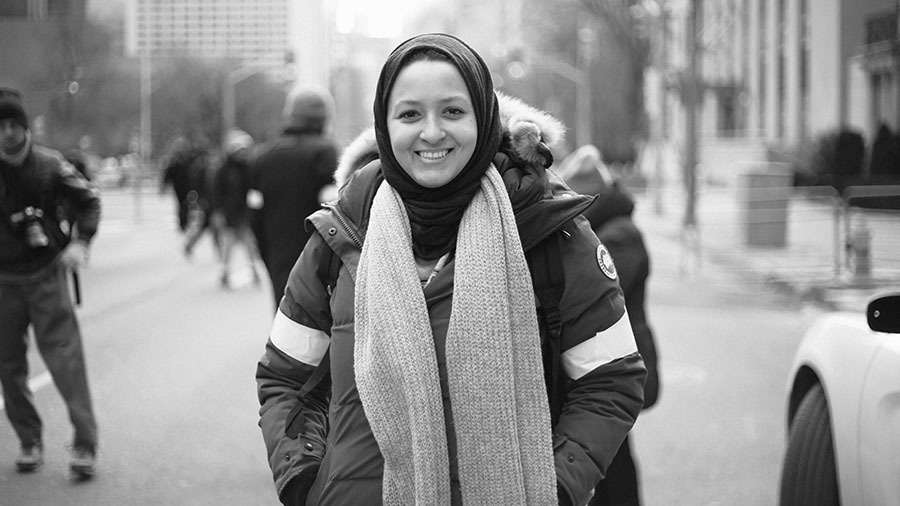
“You don’t need to know them personally to feel empathy for them.”
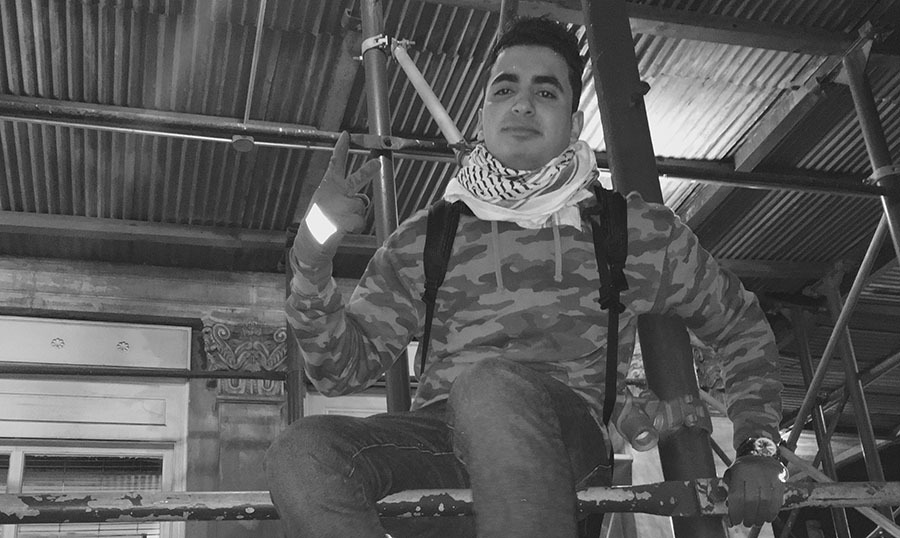
“I don’t know why he hates all these people.”
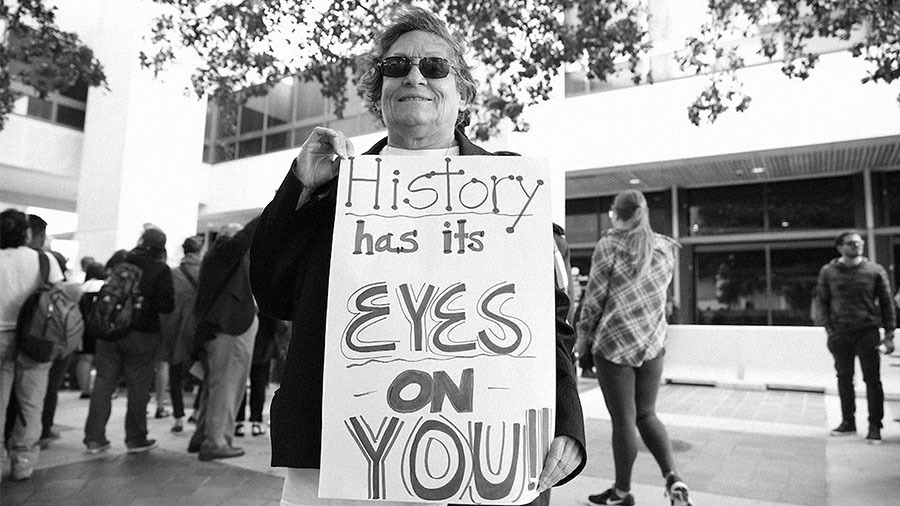
“A few generations ago, my family members were refugees.”
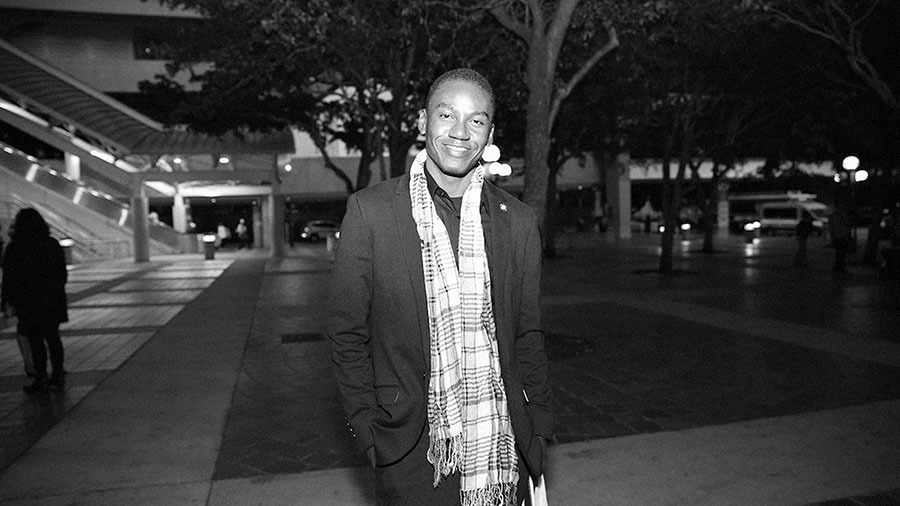
“If they start with the Muslims, soon it will be the Haitians.”
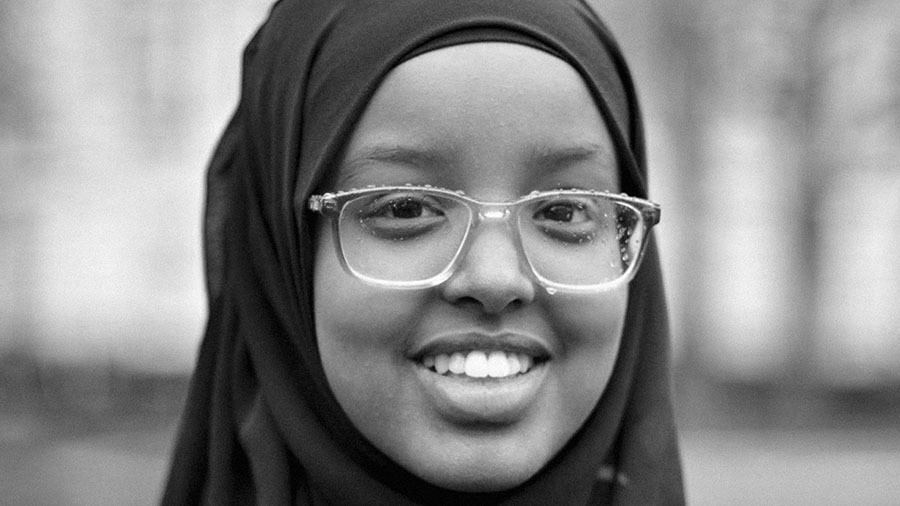
“I’m from Somalia. That is one of the seven countries.”
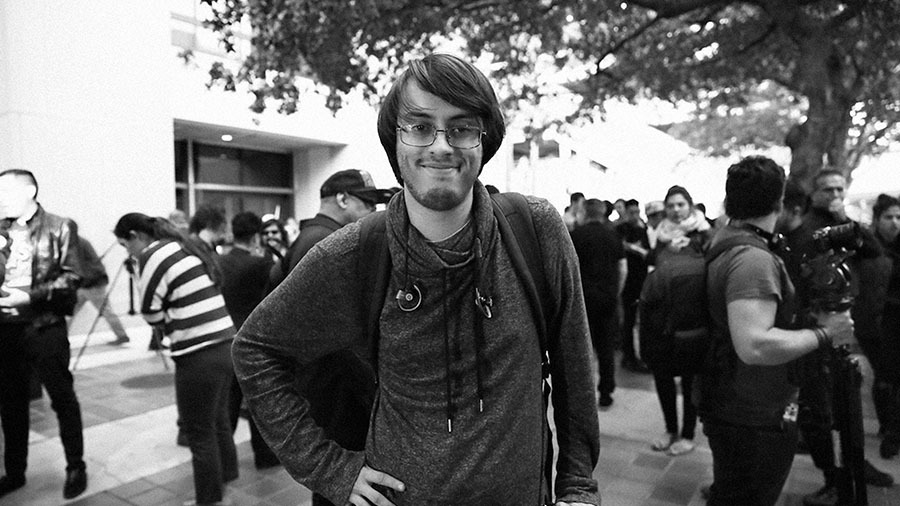
“Some of the best people we have in this country are refugees.”
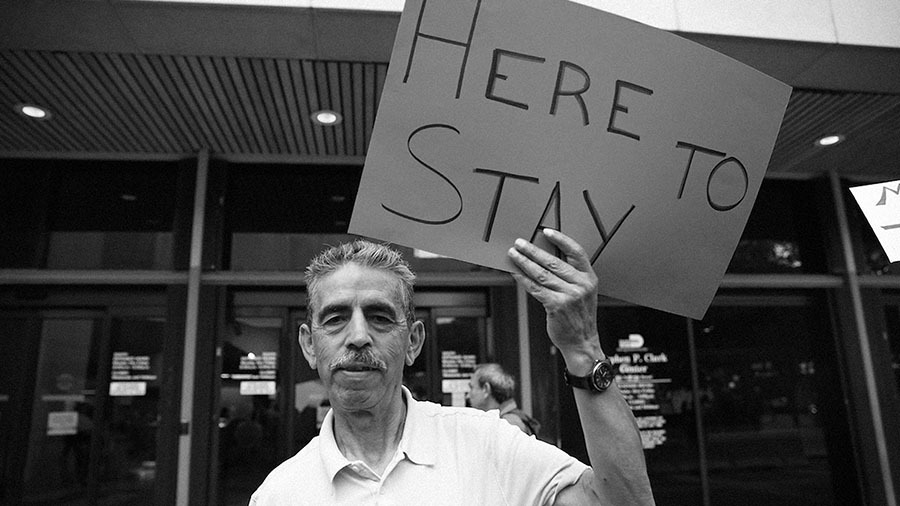
“We are afraid of prosecution.”
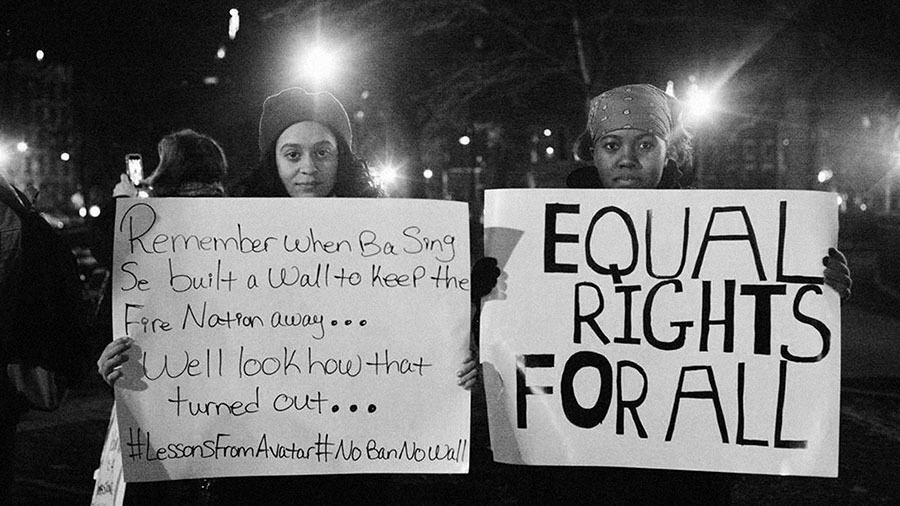
“I don’t want to live in a country that discriminates.”
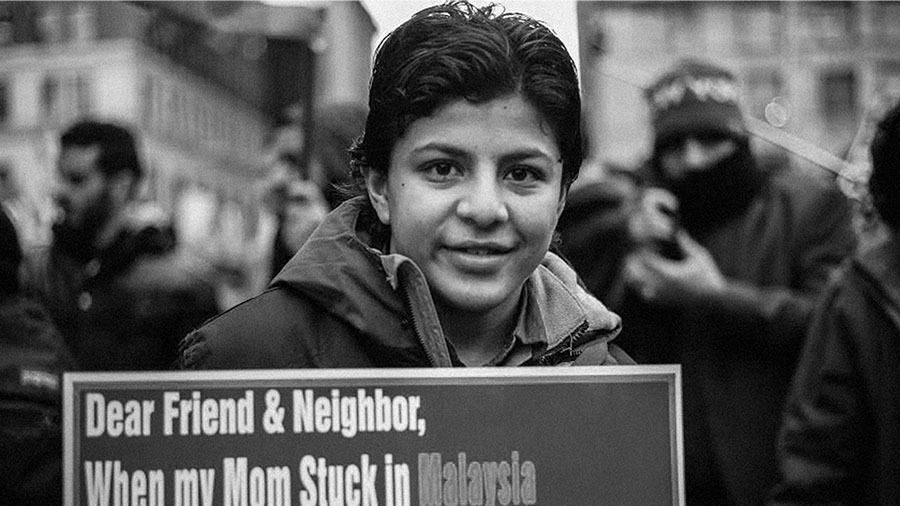
“I need my mom here in America with me.”
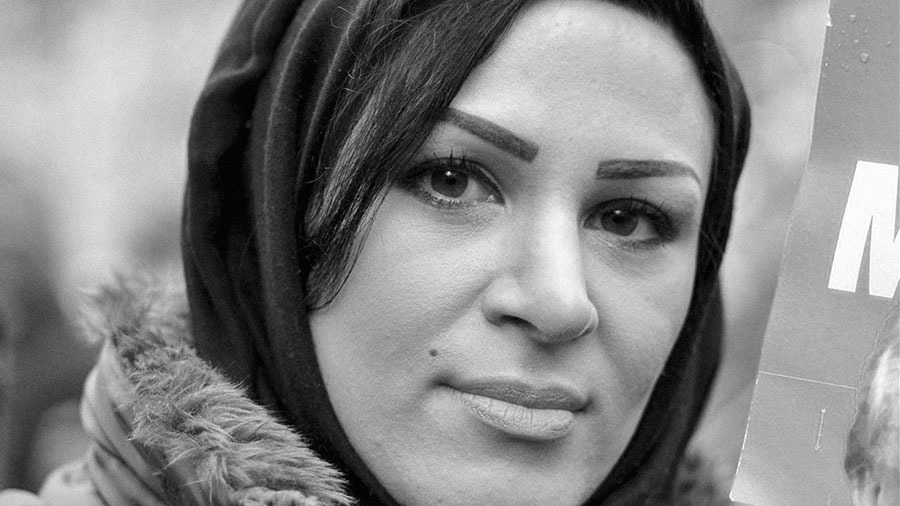
“We do not tolerate oppression.”
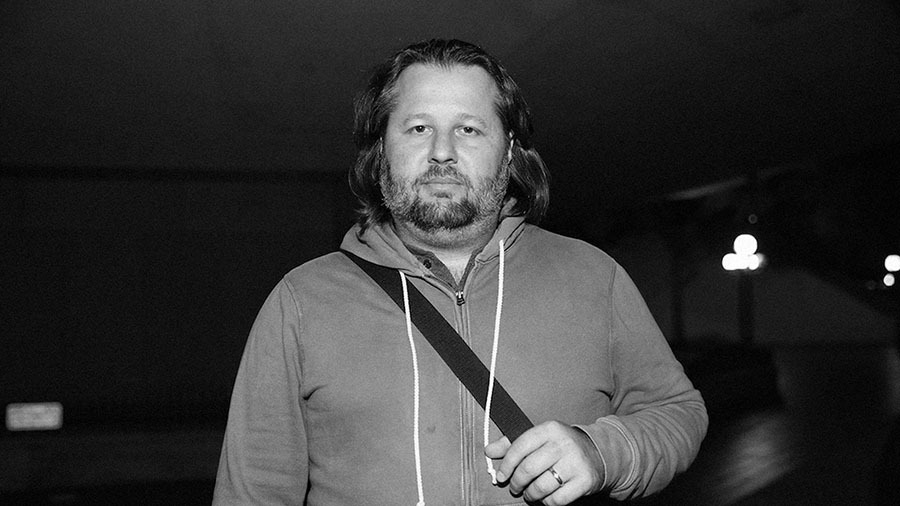
“We know what you are trying to do, and it’s unconstitutional.”

“No one will come out clean in a society drenched in such hate.”
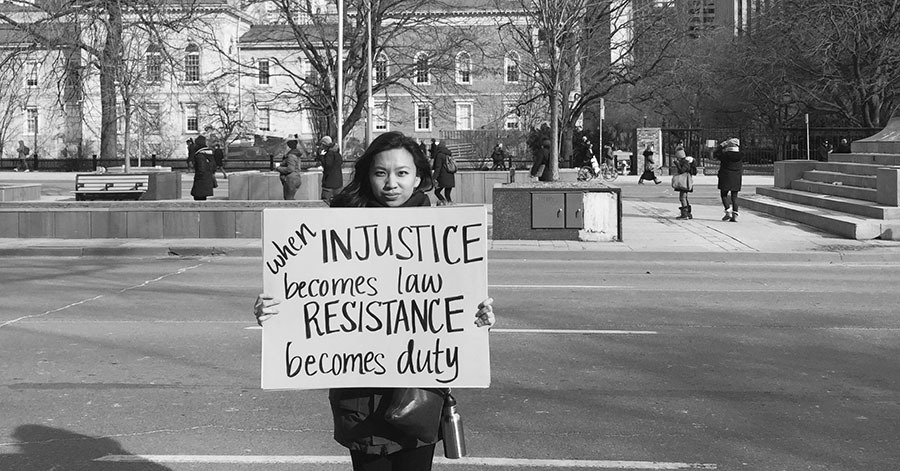
“It is an abuse of power.”
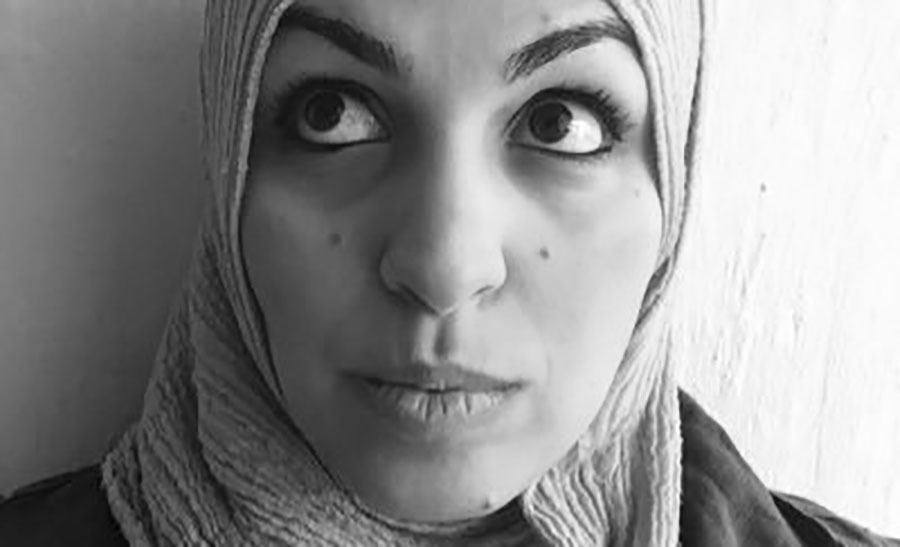
“I fear for my safety and that of my girls.”

“These people seek refuge for a better and safer life for their families’.”
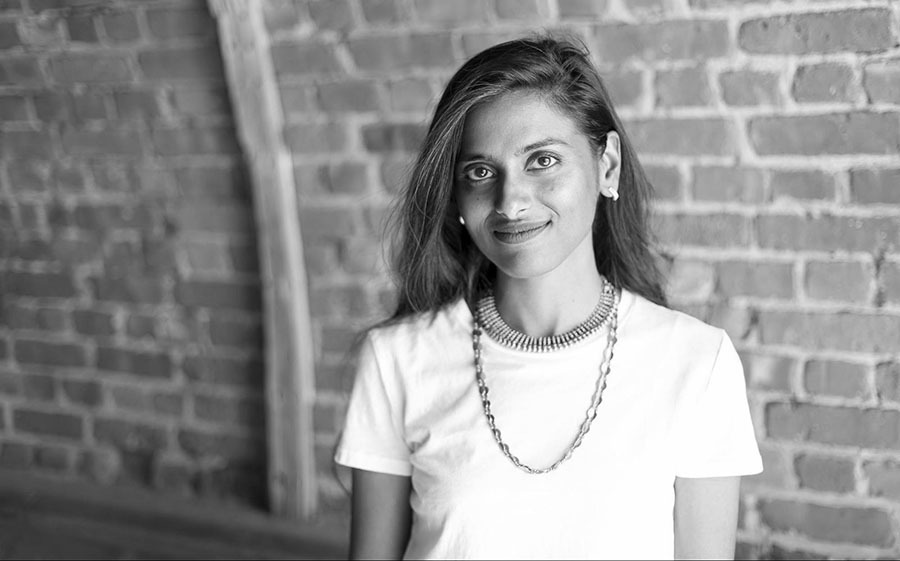
“You are causing people pain. You are separating families.”
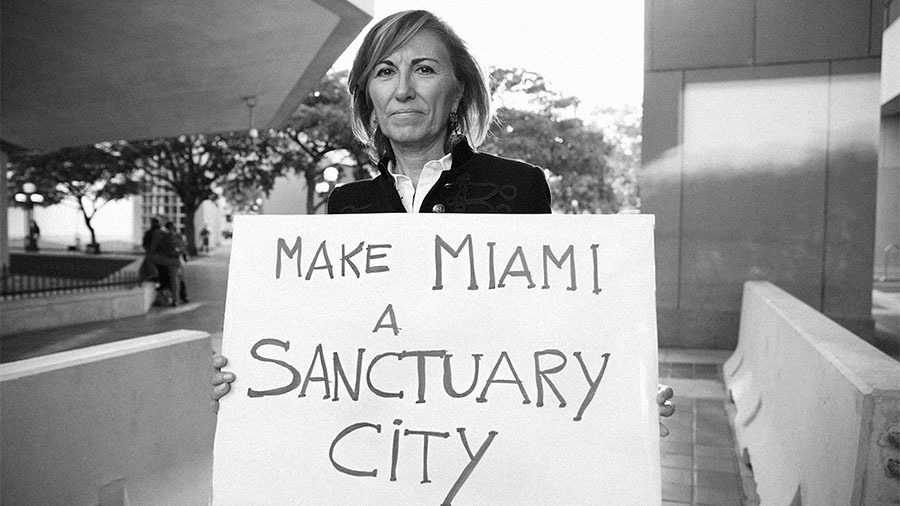
“Rectify. There is still time to rectify.”

“I wonder about the safety of my loved ones.”
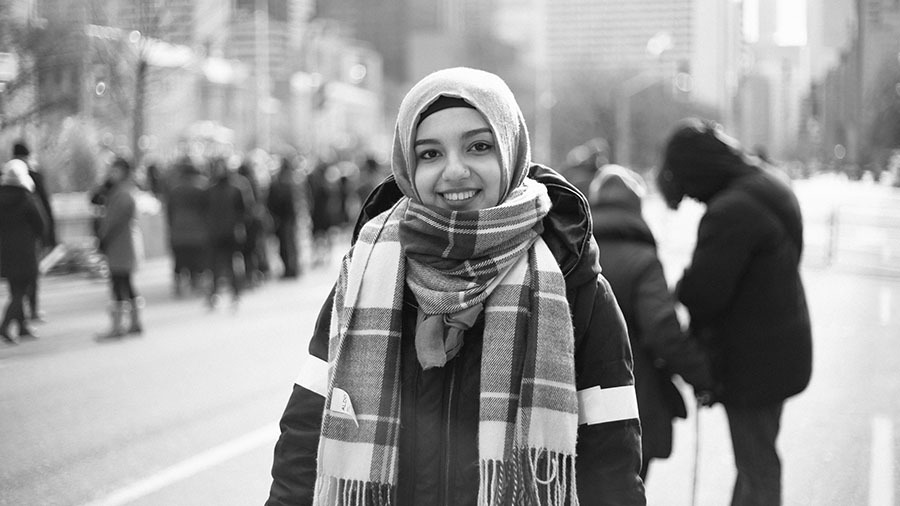
“Everyone wants to be safe, they want their families to be safe.”
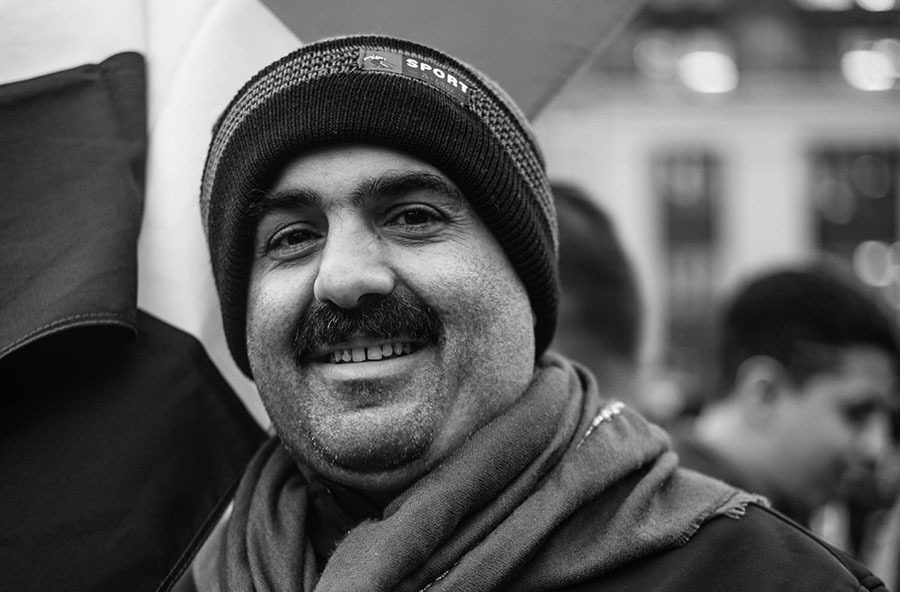
“We are losing money because of his decisions to restrict us from home.”
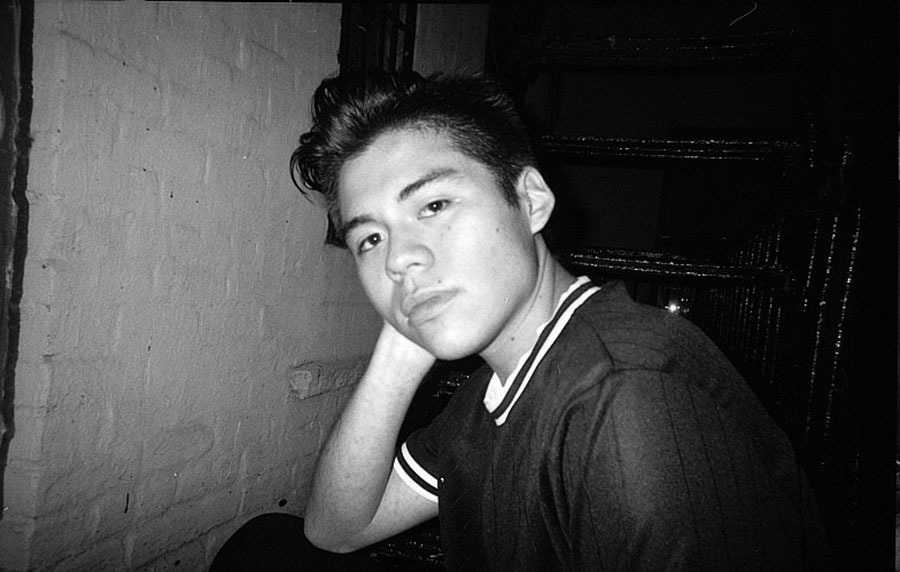
“It hurts me to see that the government could victimize its own people.”
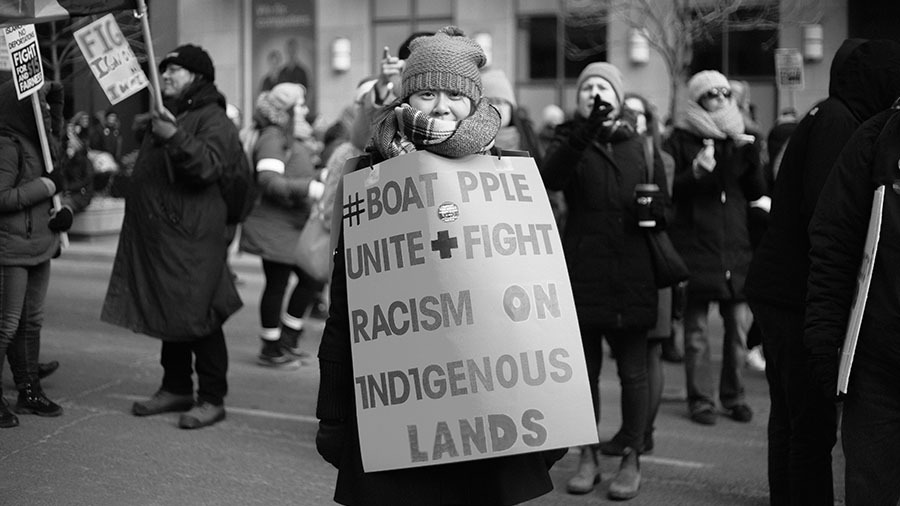
“We were refugees back in the 70s’.”
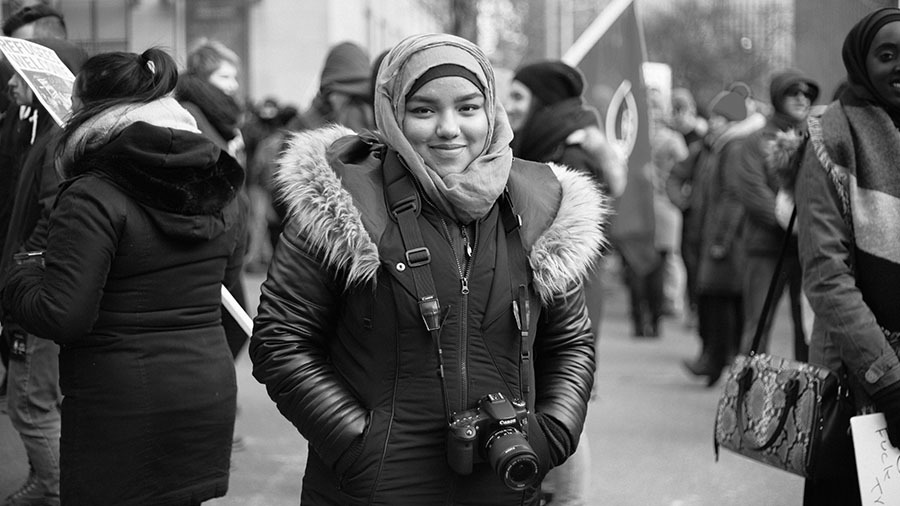
“Just open your eyes, open your heart.
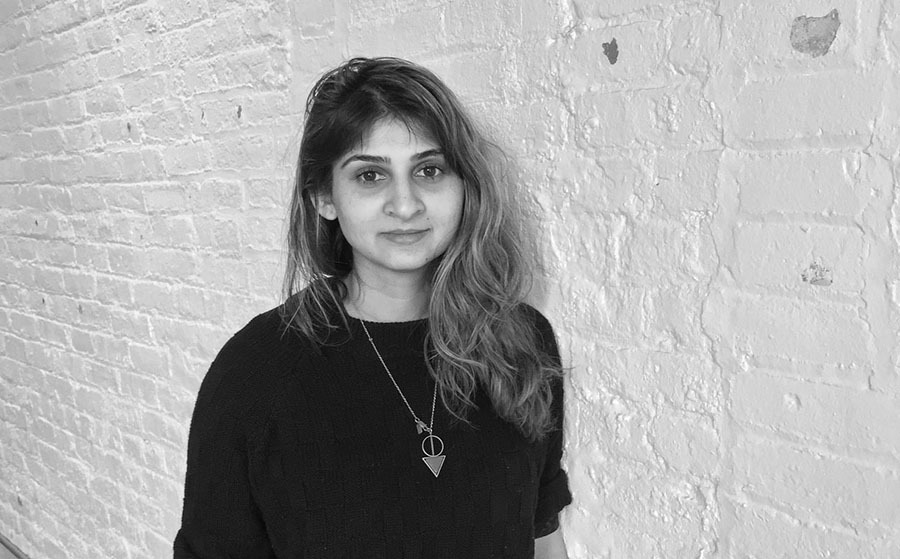
“I’m reeling from the whiplash.”
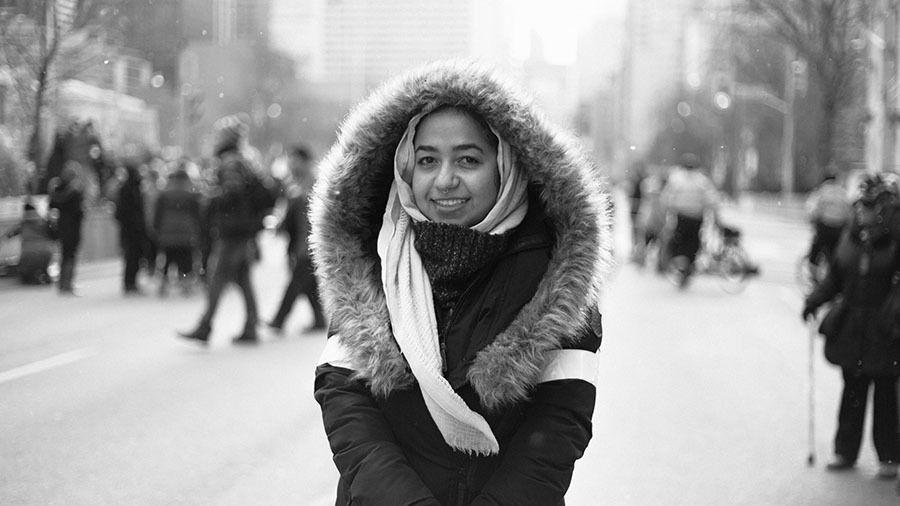
“Why are you doing this?”
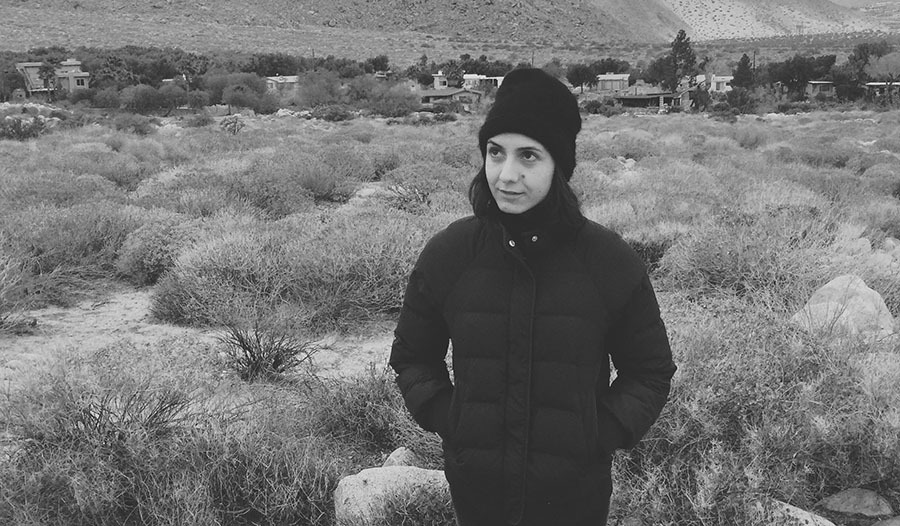
“I don’t think Trump knows anything about love.”
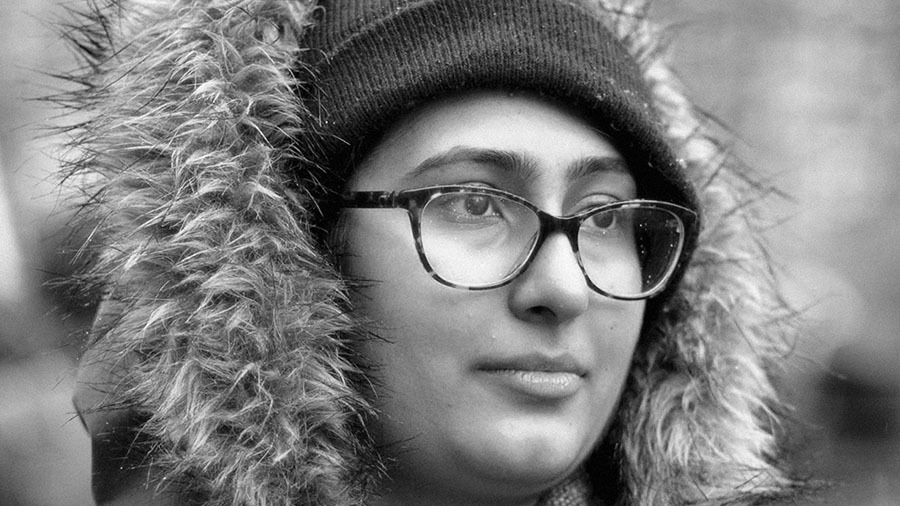
“I already had a racist experience after he passed the law.”
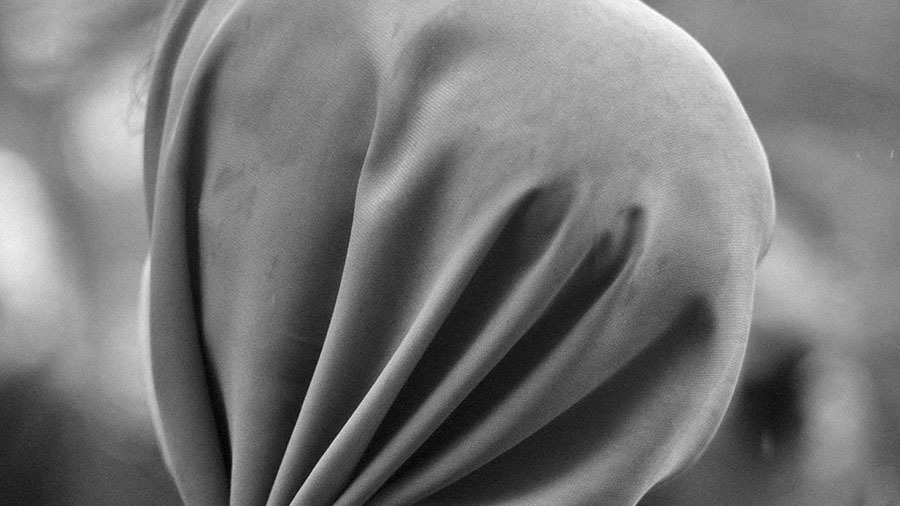
“They don’t want Muslims in their country. They say we’re bad.”
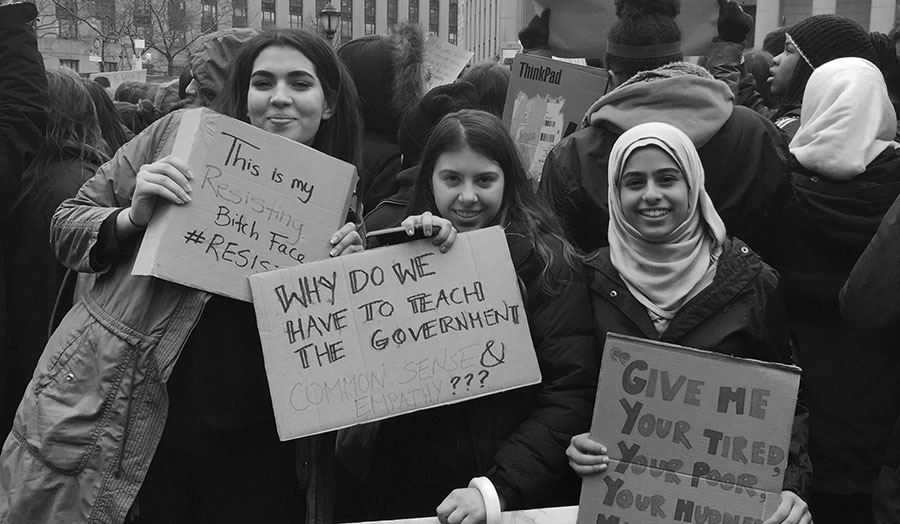
“It makes multiple Americans feel unsafe and unwelcome in their own country.”
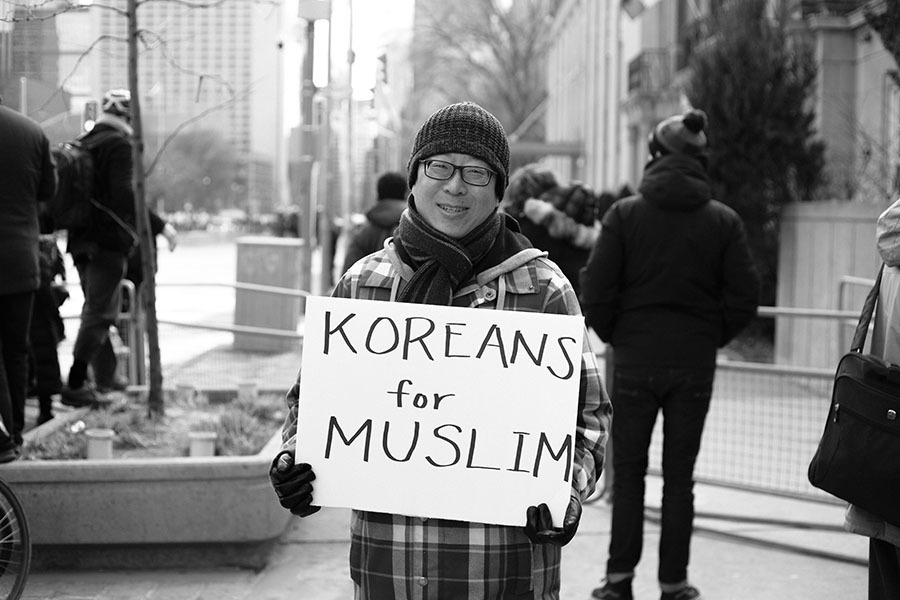
“Eventually he will come for all the ethnic groups.”
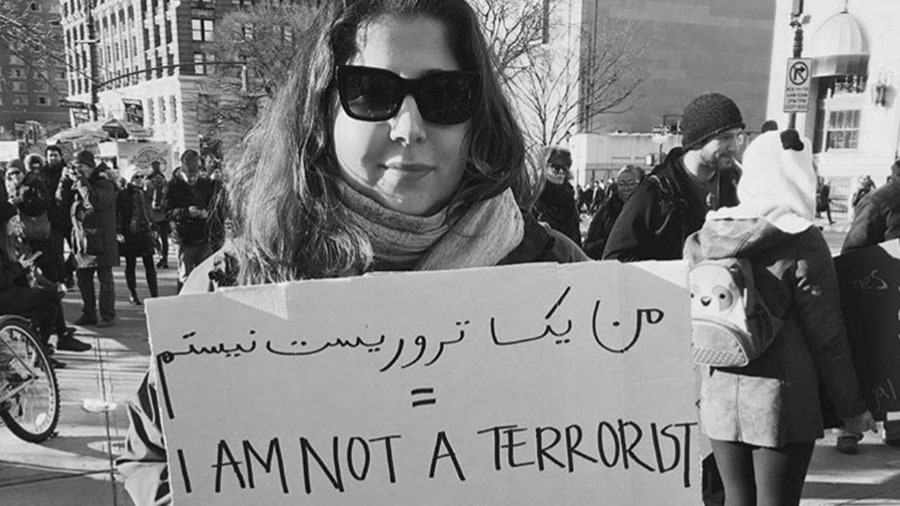
“It was meant to wreak havoc on the lives of innocent people.”
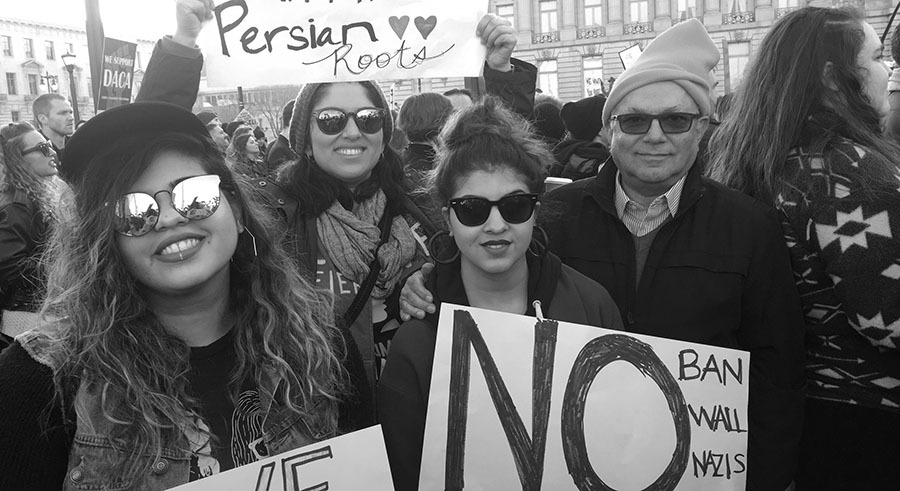
“My uncle was detained the day after the Muslim Ban was ordered.”
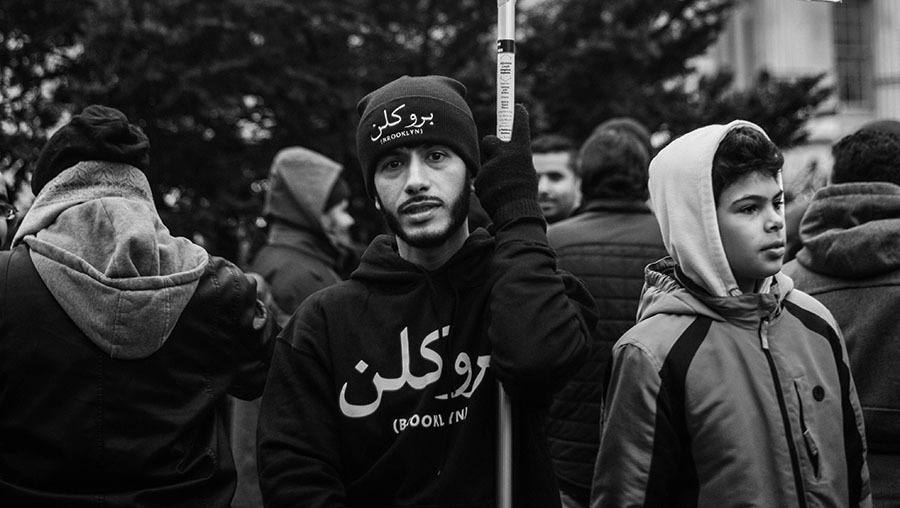
“These restrictions are separating my family.”
Reporting by: Lindsay Schrupp, Leila Ettachfini, Sarah Hagi, Linda Yang, Brandon John, Alice Zoo, Justin Boruta, and Melanie Metz.
More
From VICE
-

-

Galaxy S25 – Credit Samsung -

NurPhoto/Contributor/Getty Images

